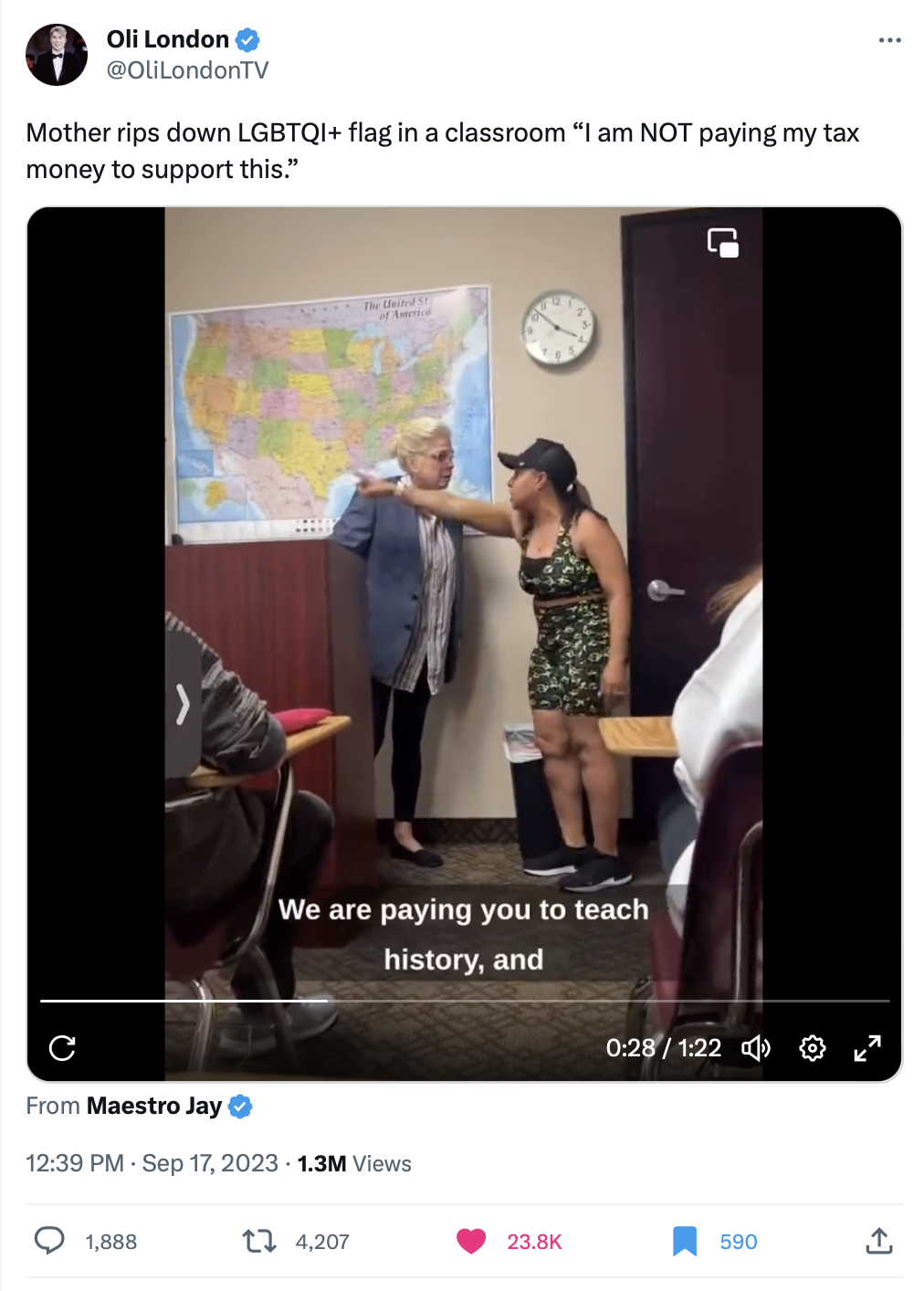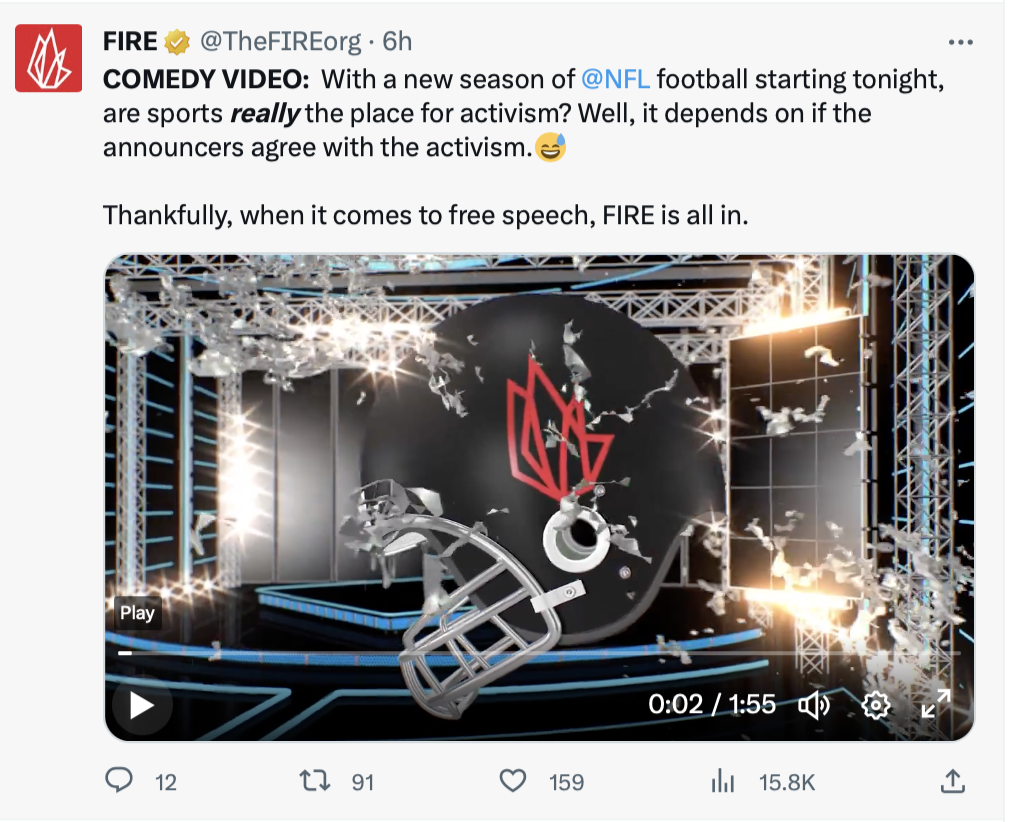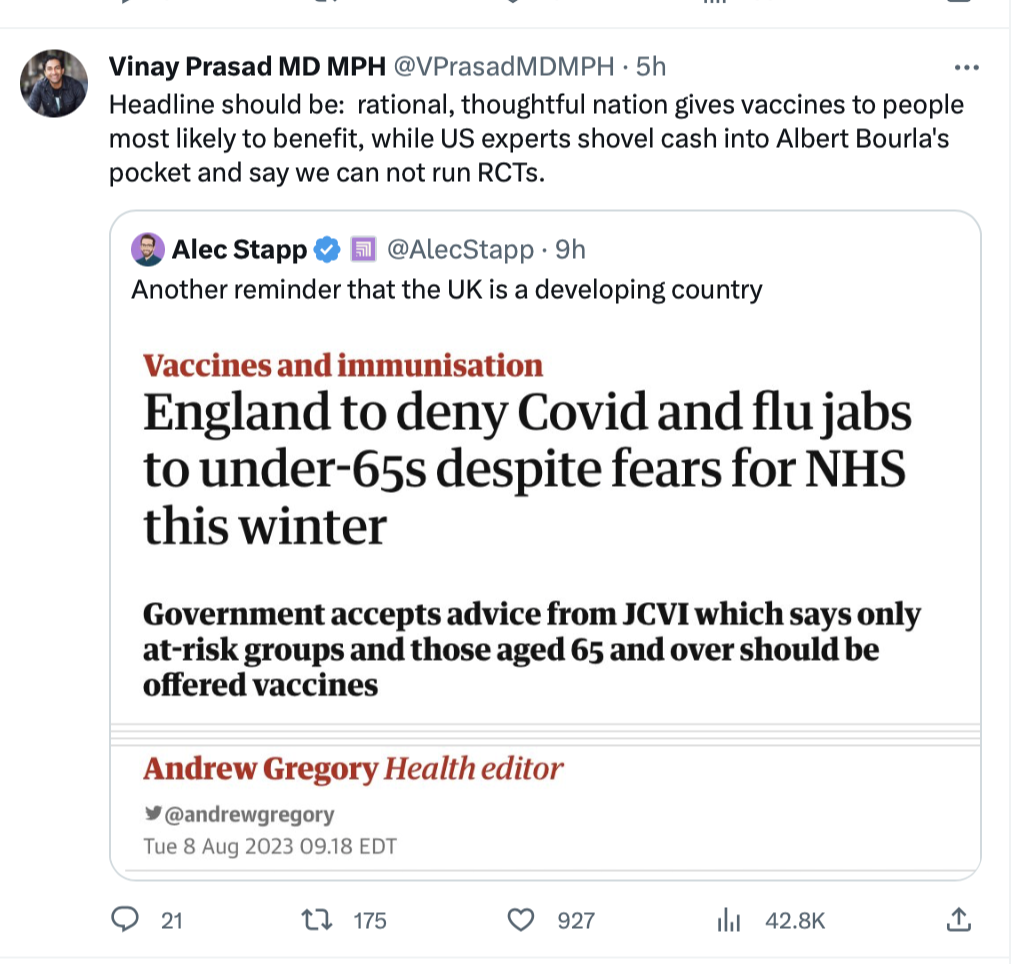Most of those who wield political and financial power treat the American People like tiny children or even sheep. They are permeated with the hubris that only they are strong and pure enough to know what is going on. They constantly try to convince themselves that the People can’t handle the truth. For a deep dive into their inner psychology and a detailed history of how censorship always fails, I highly recommend Robert Corn-Revere's book, The Mind of the Censor and the Eye of the Beholder (2021). Here are a few excerpts:
Censors may wield great power and enjoy political favor - for a time - and can ravage individual lives and reputations. But they are also the subject of popular derision and generally end up on the wrong side of history - in the United States, at least. This is why those who actively seek to suppress speech try vehemently to deny that their actions amount to “censorship,” and why they often feel beleaguered even as they marshal the power of the state to serve their purposes. Defensiveness pervades their occupation. Those who engage in the business of censorship have an inferiority complex for a reason - at some level they understand that their enterprise is fundamentally un-American . . .
“The message of the censor is clear and unmistakable: I (or we) know the truth, and must control the ideas or influences to which you may become exposed to protect you from falling into error (or sin). Truth may be revealed by whispers from god, by political theory, by popular vote, or by social science, but once it has been determined, the time for debate is over. Anthony Comstock did not invent censorship, but his DNA may be found in the genetic code of every would-be censor who walks the earth. As Supreme Court Justice Anthony Kennedy put it: “Self-assurance has always been the hallmark of a censor.” In this respect, he echoed Mencken’s assessment of vice crusaders that “[their] very cocksureness is their chief source of strength.”” . . .
There appears to be a psychological dimension to the censor’s dilemma as well. What can one say about the type of person who devotes his or her life to denouncing certain types of expression and advocating its prohibition while choosing a profession in which he immerses himself in it? Purity crusaders claim to hate the stuff they want to suppress and argue that it will ruin all who are exposed, but invariably they can’t get enough of it. They search it out, collect it, study it, categorize it, archive it, talk about it, and display it to others, all for the ostensible purpose of making such expression cease to exist. . .
Activists of all political stripes surround themselves with the type of speech they believe must be suppressed for the good of others yet mysteriously claim to be immune to its dangerously toxic effects. Could it be that such people are drawn to their work because of the opportunity to spend countless hours communing with the forbidden? As Sydney Smith, a noted British writer and cleric of the nineteenth century, observed: “Men whose trade is rat-catching love to catch rats; the bug destroyer seizes upon the bug with delight; and the suppressor is gratified by finding his vice.” It is not beyond belief that censorship is an ultimate act of self-gratification, and that our rights are sacrificed on an altar of the censor’s guilty pleasure. . . .
Because the urge to censor derives from personal preferences or policy positions, no political party or philosophy is immune from the impulse to suppress contrary views. One oft-expressed stereotype is that conservatives favor censorship while liberals oppose it, but one needn’t search long to find numerous counterexamples, as later chapters will explore. Liberals and conservatives alike, regardless of how one might define those philosophies, appear to agree that the machinery of government can rightfully be used to restrict speech, provided the targeted expression is sufficiently vile (from their point of view) or insufficiently valuable (using their scale as a measure). The problem is that the competing factions never can seem to agree on which speech should be banned. . . .
George Orwell, in his 1946 essay Politics and the English Language, wrote that political euphemism “is designed to make lies sound truthful and murder respectable, and to give the appearance of solidity to pure wind.” He observed that “[djefenseless villages are bombarded from the air, the inhabitants driven out into the countryside, the cattle machine-gunned, the huts set on fire with incendiary bullets: this is called pacification.” “In our time,” Orwell concluded, “political speech and writing are largely [employed in] defense of the indefensible.” Updating Orwell's example, genocide came to be known in the 1990s as “ethnic cleansing.” . . .
The ensuing chapters explore various incarnations of censorship in American history, beginning with the rise and decline of Anthony Comstock, the nation’s first professional anti-vice crusader. His career set the standard, and, for many, the rhetorical tone, for those seeking to condemn various forms of speech. Although all who follow in Comstock’s outsized footsteps try to claim moral superiority - characterizing the speech they would restrict as distasteful, trivial, valueless, or downright harmful - the plain fact is that the censor in a free society never has the moral high ground. The censor’s dilemma is that somewhere, down deep inside, he - or she - is painfully aware of it. . . .



